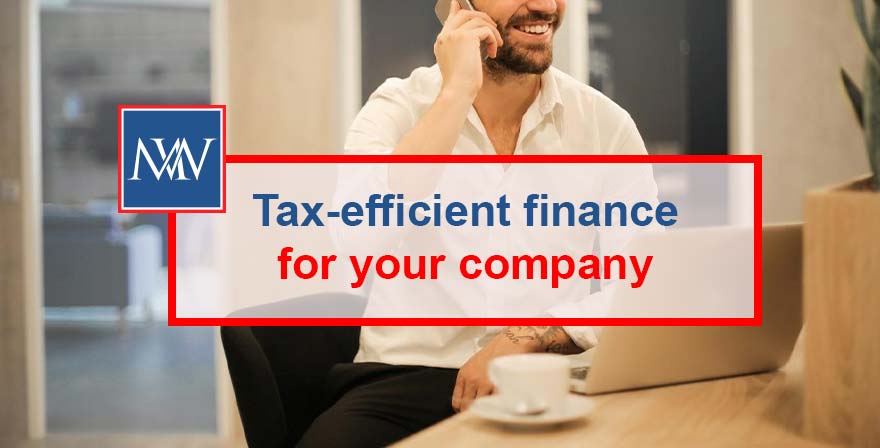
Tax-efficient finance for your company
HMRC have recently updated their guidance for companies looking to attract investors to buy shares in their company. If structured correctly, and if the company qualifies under the Enterprise Investment Scheme (EIS) or the Seed EIS rules, the investors can potentially take advantage of a number of generous tax breaks.
Under the EIS, the company can raise up to £5 million each year, with a maximum of £12 million raised in the company’s lifetime. This also includes amounts received from other venture capital schemes. The company must receive investment under a venture capital scheme within 7 years of its first commercial sale.
The size of the issuing company is crucial as the company and any qualifying subsidiaries must:
- not have gross assets worth more than £15 million before any shares are issued, and not more than £16 million immediately afterwards.
- have less than 250 full-time equivalent employees at the time the shares are issued.
The investment must meet the “risk to capital” condition, which means:
- the company must use the money for growth and development.
- the investment must be a risk to the investors’ capital.
‘Growth and development’ means the company will use the investment to grow things like its revenue, customer base or number of employees.
There are several other complex scheme rules that need to be followed so that the investors can claim and keep EIS tax reliefs relating to their shares. Tax reliefs will be withheld or withdrawn from the investors if they, and the company, do not follow the rules for at least 3 years after the investment is made.
It is advisable to apply for Advance Assurance from HMRC that the company is an ‘EIS qualifying company’ before the shares are issued.
For more details see: Use the Enterprise Investment Scheme (EIS) to raise money for your company
Seed EIS (SEIS) is designed to encourage investment in small start-up companies and, like EIS, provides a number of tax breaks for individuals who buy new shares in a company. The company must not have been trading for more than 2 years when the SEIS shares are issued.
Only the first £150,000 of share capital raised by the company qualifies for Seed EIS relief. However, this can form part of a larger share issue with subsequent share issues qualifying for EIS relief up to a £5 million annual limit.
Like EIS, the tax reliefs will be withheld, or withdrawn, from investors if the rules are not followed for at least 3 years after the investment is made.
There is a key condition that the company is an unquoted company carrying on, or preparing to carry out, a qualifying trade at the time that the shares are issued.
Another important condition to qualify under Seed EIS is the company and any of its subsidiaries must:
- not have gross assets over £200,000 when the shares are issued.
- not be a member of a partnership.
- have less than 25 full-time equivalent employees in total when the shares are issued.
Like EIS, it is advisable to apply for Advance Assurance from HMRC that the company is a qualifying company before the shares are issued. For more details see: Use the Seed Enterprise Investment Scheme to raise money for your company
For more information , Book a Free Consultation
Need Accountancy Support?
For information on bespoke training, or if you have any other questions for Makesworth Accountant, please fill in your details below
















 151
151